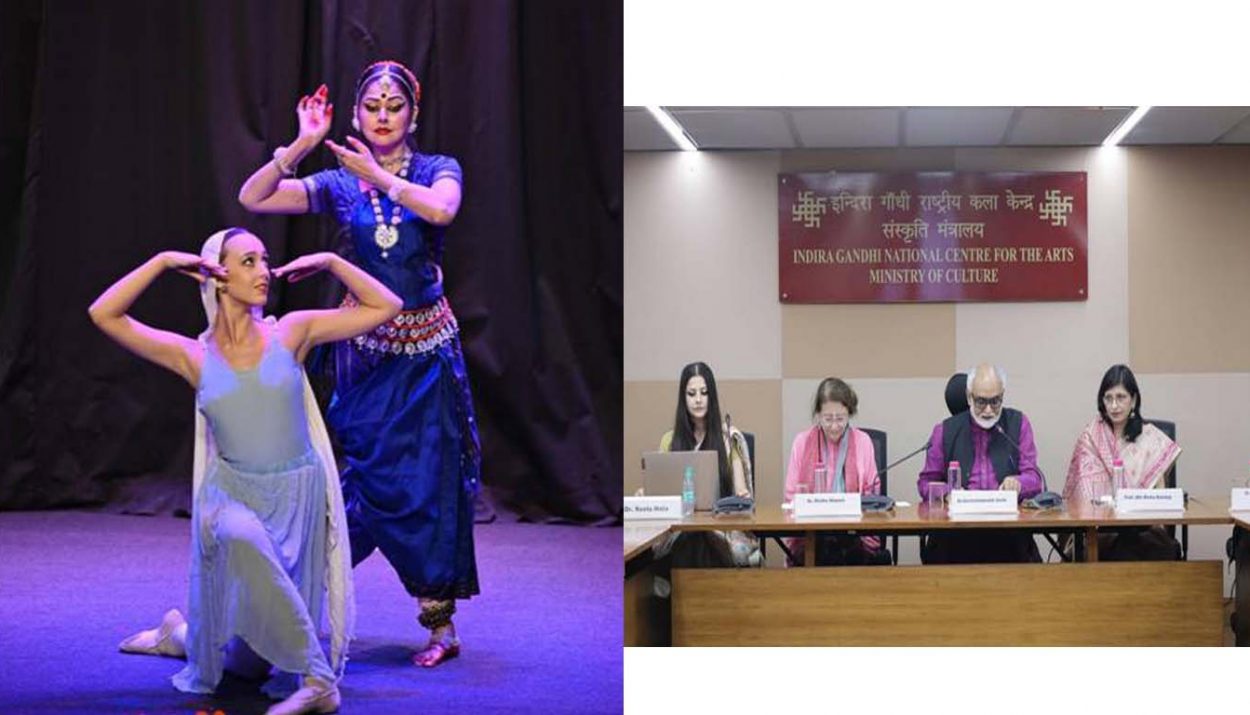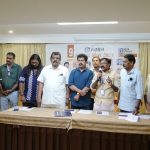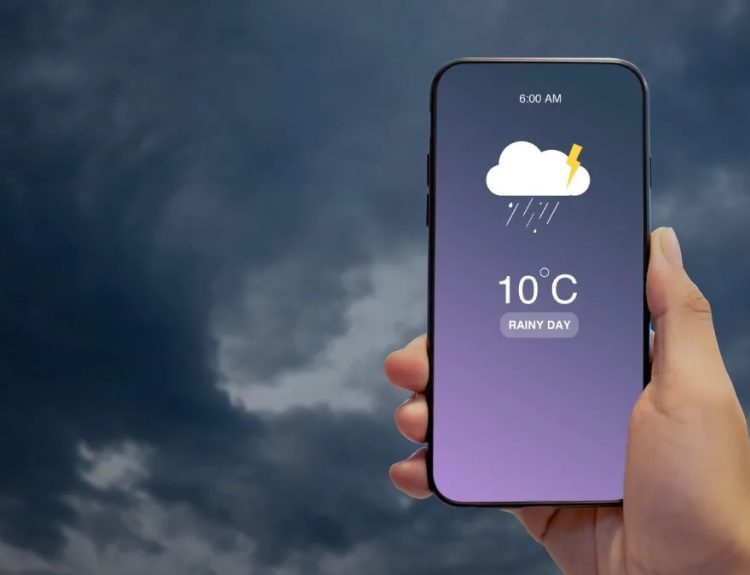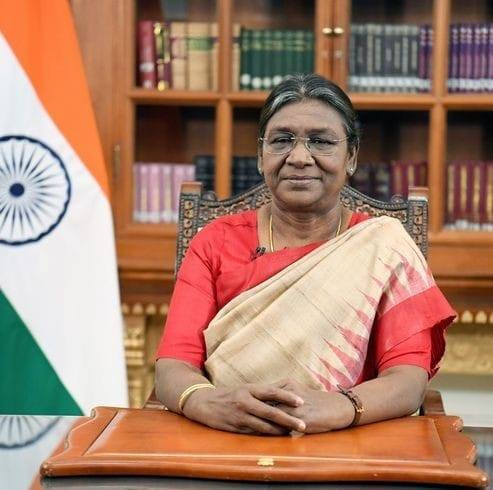Indira Gandhi National Centre for the Arts, in collaboration with the ‘Rays of Wisdom Society’ and supported by the Ministry of Culture, Government of India, held the 8th International Ancient Arts Festival and Symposium from 8th to 10th November,2024 at IGNCA. This event featured an exhibition titled ‘Metaphysical, Symbolic, and Healing Themes in Visual Arts’, alongside a conference on ‘Art, Religion, and Healing’. As part of the cultural program, Dr. Reela Hota presented ‘Antar Yatra’, a dance performance exploring the journey of consciousness through yogic philosophy. On the second day, Shri Shrinivas Joshi delivered a vocal recital, and the final day concluded with a Kuchipudi dance performance by Smt. Yamini Reddy and her group. The eminent guests present during the course of the event included Amita Sarabhai, Joint Secretary, Ministry of Culture; Shri V. Srinivas (IAS), Secretary, Government of India, Department of Administrative Reforms and Public Grievances (DARPG); Dr. Sachchidanand Joshi, Member Secretary, IGNCA; Dr. Reela Hota, Odissi Danseuse and Founder, Rays of Wisdom Society; Dr. Manindra Thakur, Co-convener of the conference; and Prof. Richa Kamboj, Head of Kaladarsana, IGNCA.
The ‘International Ancient Arts Conference’, organized by the Rays of Wisdom Society in collaboration with the Religion, Consciousness, and Spirituality Group (nurtured by the Foundation for Creative Social Research), gathered esteemed scholars to examine the healing potential of ancient art forms. With lectures and discussions focused on ‘Religion, Consciousness and Spirituality and its Manifestation for Personal and Social Healing’, the conference aimed to reveal how timeless principles of spirituality are expressed through art. The conference included insightful discussions on topics such as ‘Art and Conflict Resolution’, ‘Healing in Baul Philosophy’, ‘Odissi and its Universal Principles’, ‘Drama Movement and Therapeutics’, and ‘The Aesthetics of Beauty’. Scholars also explored ‘Dealing with Unfulfilled Desires through Malay Traditional Psychotherapy’, ‘Devotional Music and Spirituality’, ‘Kundalini in Poetry’, ‘Spirituality in Indian Fine Arts’, and ‘The Elements of Spirituality in Manipuri Music’. The impact of religious rituals as socio-cultural art forms, the metaphysics of temple architecture, and the epistemology of children’s theatre were also significant focal points. Dr. Madhu Khanna, Professor of Indic Religion and Tagore National Fellow at the National Museum in New Delhi, delivered the keynote speech. The special guest of honour at inaugural session of the conference was Dr. Sachchidanand Joshi.
At the inaugural session, Dr. Sachchidanand Joshi spoke on the essence of religion in the ‘Sanatan’ context, explaining that ‘dharma’ encompasses how one leads their life. He emphasized that ‘kutumb’ extends beyond the immediate family to include one’s environment, mind, and ecology, making the explanation of ‘dharma’ clear and encompassing. He remarked that while the term ‘religion’ holds one meaning, ‘dharma’ represents a distinct understanding. He expressed hope that the conference’s deliberations would delve into how we interpret ‘dharma’ for the self. Dr. Joshi also spoke on consciousness, highlighting its unique connotations in Indian philosophy. He noted that while we recognize a single consciousness that governs the world, this consciousness is also present within each individual and manifests within the self. This self is expressed in varied forms, embodying the concept that truth is singular yet expressed in multiple ways. Regarding art, he noted that its expression lies in truth and, for us, transcends mere entertainment or infotainment. Art is not for personal gratification; rather, it is a medium to internalize the essence of the divine power within oneself—a power that simultaneously governs the world.
In her keynote address, Dr. Madhu Khanna stated that epics like the ‘Ramayana’ and ‘Mahabharata’ connect us to art. Literary texts, she explained, help us visualize and thus unify us with the arts. The ‘Ramayana’ serves as a prime example of the interrelationship among all art forms, with no other epic playing as significant an assimilative role as those in India. While different literary texts represent various cultural traditions, they maintain continuity even amid subversion and defiance. She emphasized, “Art is the quest for true self.”She further explained that ‘Rasa’, or aesthetic delight, cannot exist without ‘Bhava’, the emotional response; similarly, artistic emotion is inseparable from aesthetic delight.
In this context Amita Sarabhai, Joint Secretary at the Ministry of Culture, affirms the Ministry’s dedication to preserving and promoting cultural heritage, added, “This festival embodies our commitment to enriching cultural awareness, especially among younger generations.” Prof. (Dr) Richa Kamboj, remarked, “The rich cultural heritage of Bharat carries the essence of spirituality that breathes life into its arts. Ancient Indian art embodies ‘spiritual contemplation’ as a path to divinity.”
Dr. Reela Hota and her ensemble ‘Antar Yatra’ was presented on the first day of the festival. A unique dance piece rooted in yogic philosophy that explored the concept of chakras and personal transformation. This dance drama incorporated Odissi, Chhau, and contemporary ballet to symbolize the ascension of consciousness from the base (Mooladhara) to the crown (Sahasrara) chakra. ‘Antar Yatra’ culminated in the depiction of ‘Moksha’, the ultimate state of bliss and unity with universal consciousness.
Other distinguished speakers included Guru Ramli Ibrahim, Chairman of the Sutra Foundation in Malaysia; Prof. Swati Pal of Janki Devi College, University of Delhi; Dr. Shashi Bala, Dean at the K M Munshi Centre of Indology; Dr. Uma Rele, Principal of Nalanda Nritya Kala Mahavidyalaya; Prof. Ashish Ghosh, retired theatre activist and professor at Dayal Singh College; and Prof. Arvind Sharma, Birks Professor of Religion at McGill University, Canada. This conference provided a platform for enriching discussions on the intersection of spirituality, art, and healing, highlighting art’s profound role in personal and social transformation. The 8th International Ancient Arts Festival and Symposium highlighted the therapeutic essence of ancient arts, uniting diverse cultural expressions to emphasize their impact on mental and spiritual well-being. The three-day event celebrated the timeless connection between art and holistic health.








